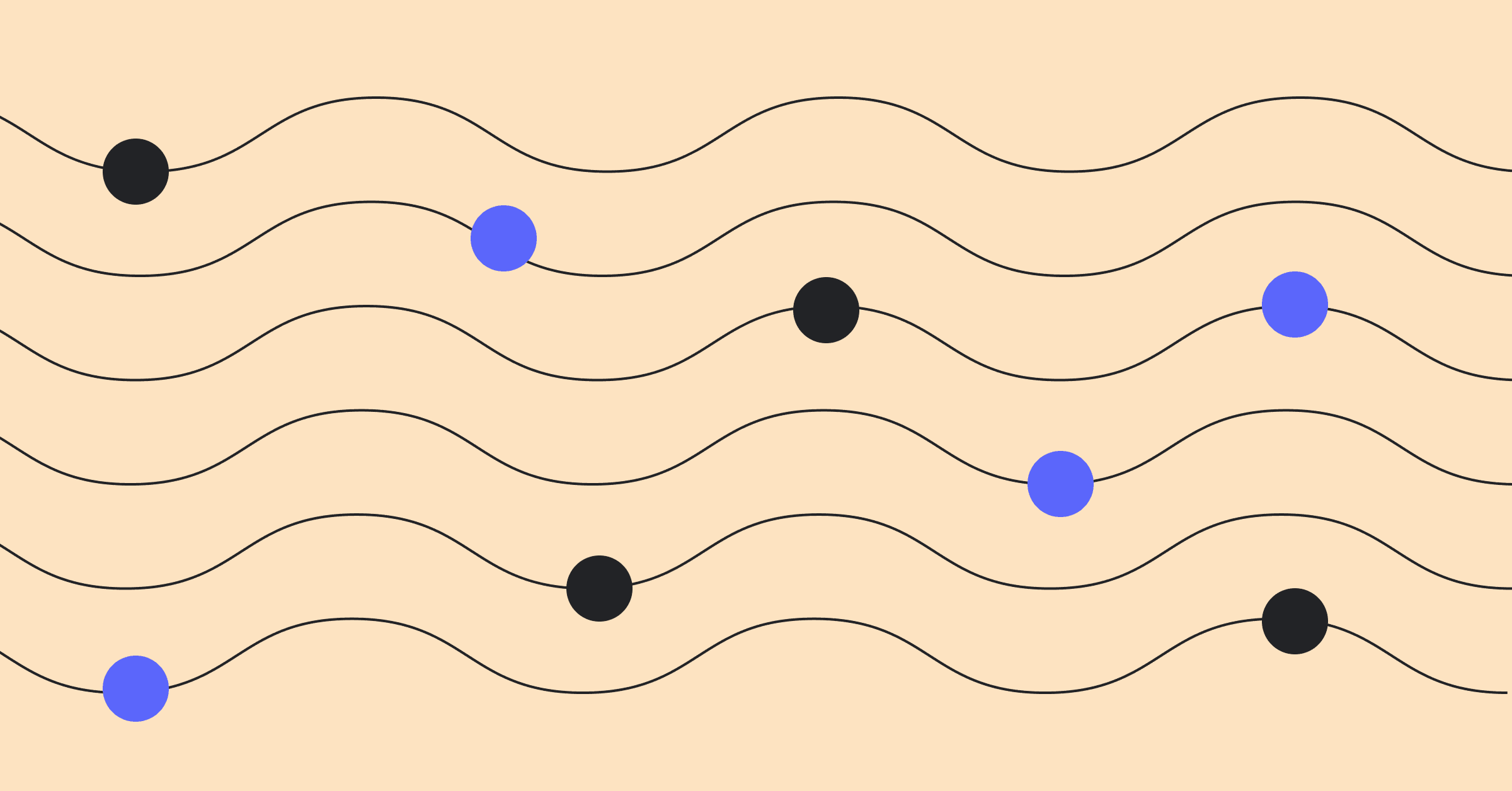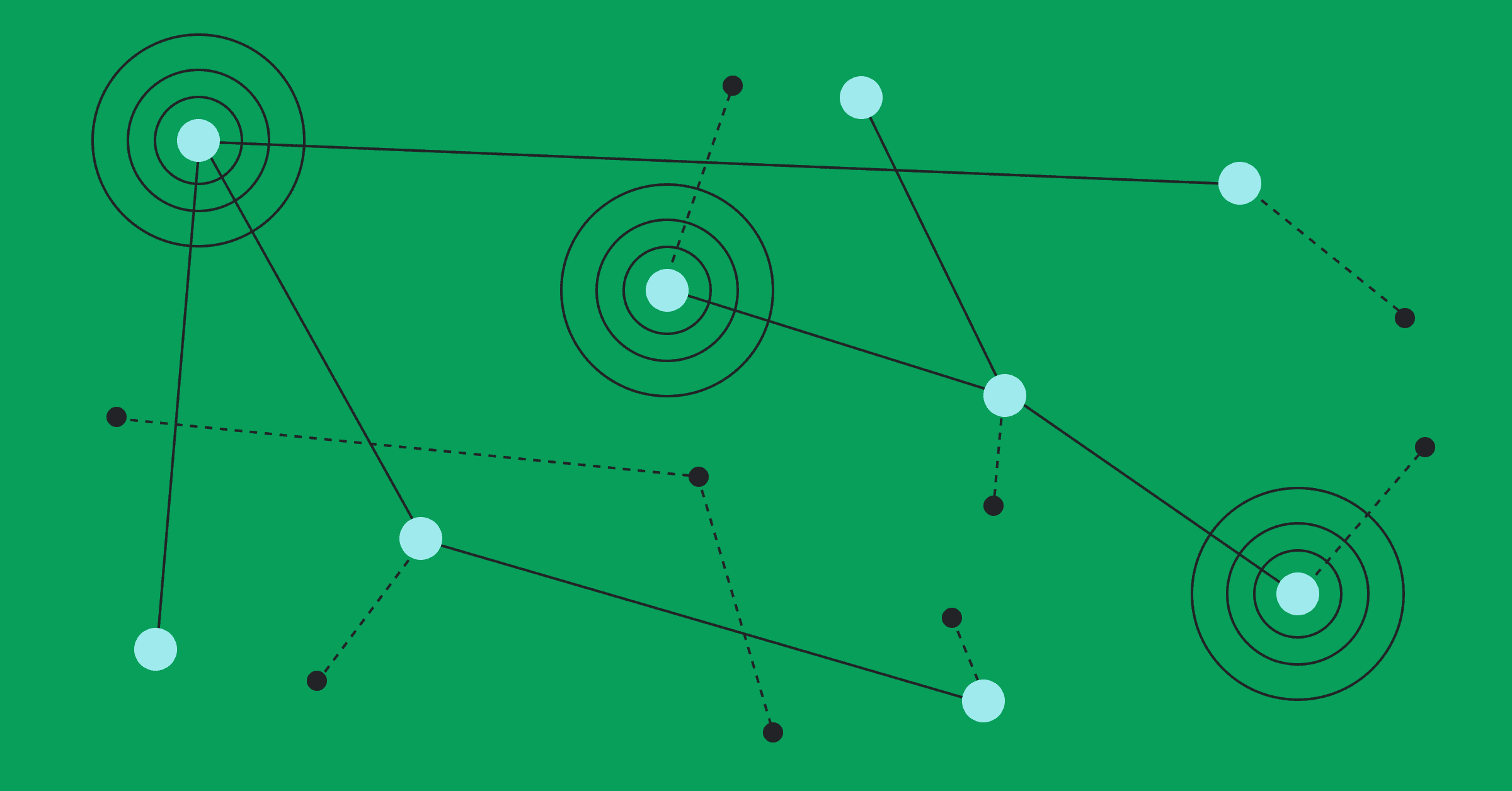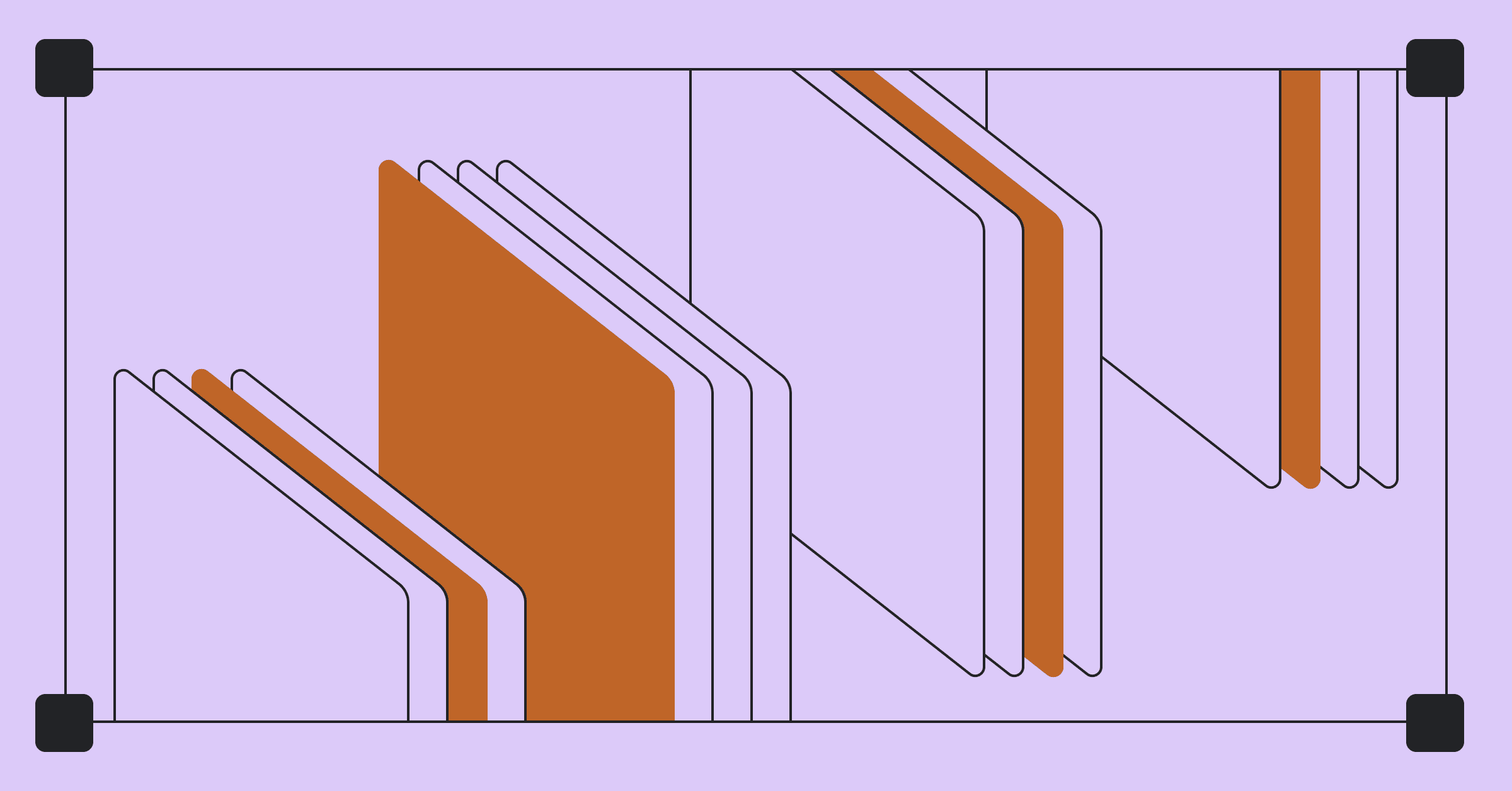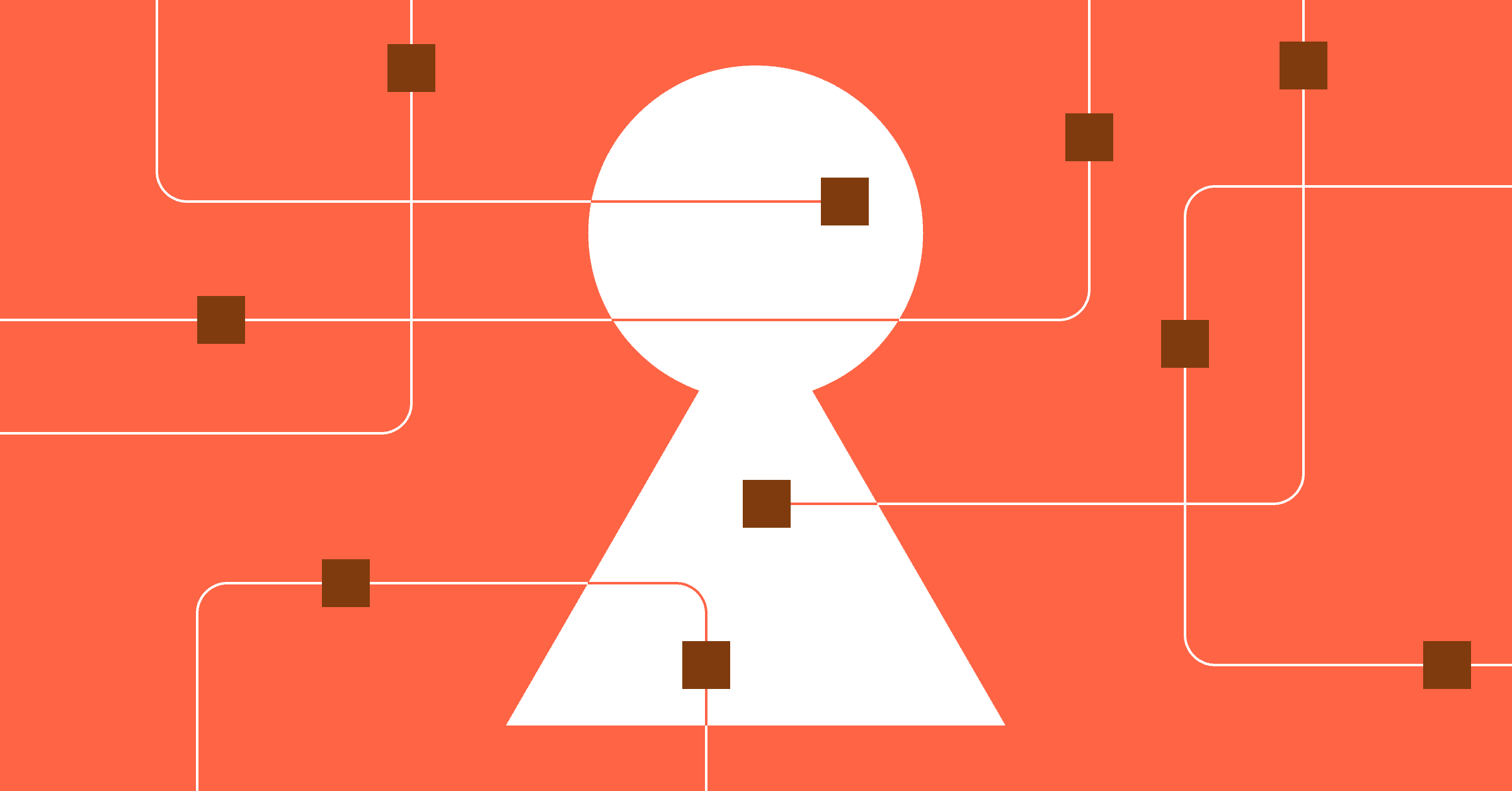In software development, the most significant tax on productivity isn't complexity or bugs - it's waiting. Waiting for builds to finish, tests to run, or feedback cycles to complete. This "wait time" shatters the state of creative flow that is essential for high-quality engineering work. Developer productivity engineering (DPE) is the emerging practice dedicated to eliminating this friction.
As expert Justin Reock explains, DPE uses acceleration technologies and analytics to "engineer a better experience for our developers." It follows in the footsteps of DevOps and Agile, but with a renewed focus on the human at the center of the process. This article explores why DPE is crucial for modern teams, how it differs from traditional DevOps, and where to begin measuring and improving the developer experience at your organization.
The high cost of frustration: addressing unspoken friction
One of the most surprising things about developer experience is how much friction engineers tolerate without complaint. As Reock quotes Netflix productivity engineer Danny Thomas: "If you sit with an engineer and ask them to show you their commit-to-production workflow, it is staggering how tolerant engineers are of toil, and frustration, and friction."
This silent acceptance of friction - from long local build times to constant context switching - is a massive productivity drain. Research suggests that forced multitasking is not just inefficient but potentially harmful to cognitive function. When developers are coding, they are engaged in what Reock describes as "this amazing soup of right brain and left brain activity," a creative dialogue with their tools. When that dialogue is interrupted, the creative process suffers.
Nothing kills this flow faster than a critical security vulnerability. Reock emphasizes that when issues like Log4j are discovered, the resulting scramble to patch systems "becomes prioritized over everything else," causing massive workflow disruptions. Investing in developer experience means addressing all sources of friction, from security to toolchain performance.
The evolution of DevOps: a focus on the human factor
The relationship between DevOps and DPE is one of evolution. As Reock observes, DevOps has been commoditized, allowing teams to now focus on new bottlenecks - the human ones. "DevOps has crossed the chasm... but being able to now focus on new bottlenecks that have always been here, ironically, but we just haven't really considered them."
A key differentiator is the human element. While idealized DevOps aims for full automation, DPE requires human empathy to be effective. It’s not enough to present a dashboard of metrics; you need people who can correlate that data to the real-world developer experience. "Without that empathy, then you don't get the focus," Reock explains. This is why leading companies like Facebook and Netflix have invested in dedicated productivity teams - it requires a human-centered approach.
How to get started: measure what matters
For leaders wondering where to begin, Reock's advice is simple: start by measuring the most foundational metric. "That's the most important metric for quantifying developer experience. What is developer experience, but a sequence of feedback cycles... and how can you possibly hope to improve that if you're not measuring it?"
He recommends that companies start by tracking local build times. This single metric provides a powerful window into the daily friction developers face. Once you have a baseline, you can begin to identify the biggest sources of wait time and systematically eliminate them, creating immediate and tangible improvements in the day-to-day lives of your engineers.
From productivity metrics to a strategic advantage
By reducing friction and eliminating unnecessary waiting, organizations do more than just improve technical metrics, they invest in their most valuable asset: their people. The focus on creative flow at the heart of developer productivity engineering makes development careers more sustainable, enjoyable, and accessible.
This investment pays dividends far beyond raw output. Companies that are open about their commitment to developer experience gain a powerful edge in recruitment and retention. In a competitive market with a global shortage of developers, creating an environment where engineers feel respected and can work efficiently is no longer a perk; it's a strategic imperative.
Ultimately, DPE provides the framework for building not just better software, but better engineering cultures.
Listen to Justin Reock's Dev Interrupted episode:




